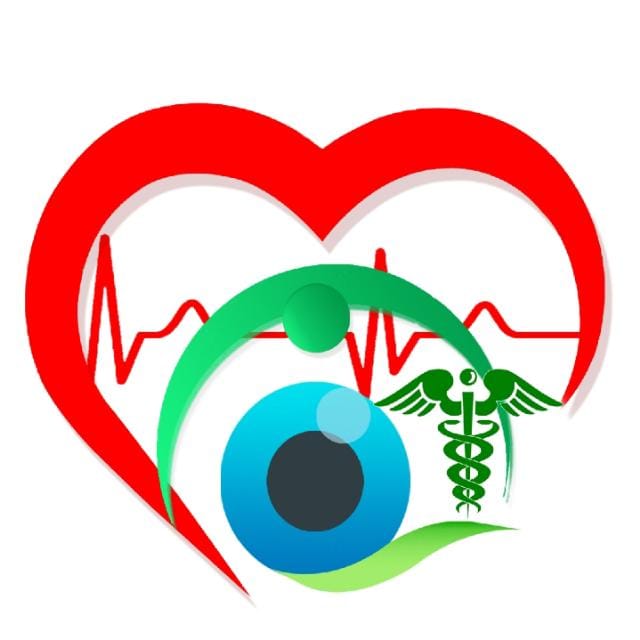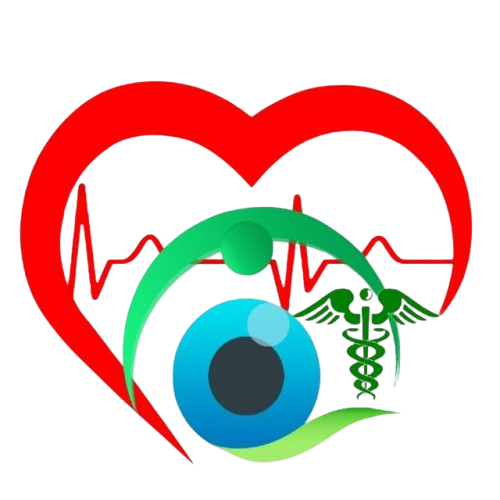ECG

An Electrocardiogram (ECG or EKG) is a medical test that measures the electrical activity of the heart. It provides a visual record of the heart’s rhythm, electrical impulses, and overall function, allowing healthcare professionals to diagnose various heart conditions. The test is non-invasive, quick, and painless, typically performed in a doctor’s office or hospital setting.
An ECG works by placing electrodes on the skin, usually on the chest, arms, and legs. These electrodes detect the electrical signals produced by the heart as it beats. The signals are then displayed as a series of waves, representing different phases of the heart’s electrical cycle: P wave (atrial contraction), QRS complex (ventricular contraction), and T wave (recovery phase). The pattern and timing of these waves can indicate normal or abnormal heart rhythms.
ECGs are essential for diagnosing a variety of heart conditions, including arrhythmias (irregular heartbeats), myocardial infarction (heart attacks), electrolyte imbalances, and other cardiac abnormalities. They also help assess heart function before surgeries or procedures.
While an ECG is valuable for detecting immediate issues, further tests, such as an echocardiogram or stress test, may be needed for a complete cardiac evaluation. Regular ECG monitoring can be vital for patients with a history of heart disease or those at risk for cardiac events.

